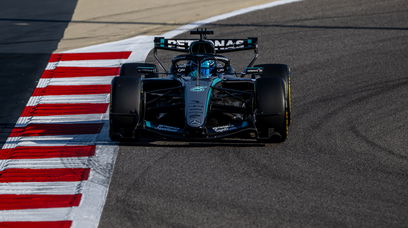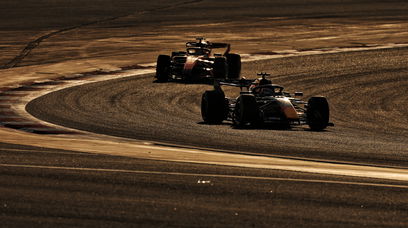As revealed by RacingNews365.com at the start of the year, Honda will maintain links with Red Bull throughout the upcoming engine freeze between 2022 and 2025 – rather than completely stepping away. Initially, the plan was for Honda to prepare power units on Red Bull's behalf for 2022 and 2023, after which the team would take over their manufacturing and management through a newly-formed Red Bull Powertrains division. However, the arrangement for 2022 is set to continue throughout the following seasons and take Red Bull up to 2025 and the anticipated end of the current engine regulation cycle. Honda will continue to supply engines from Japan, although the units will not be badged with their name. More recently, RacingNews365.com understands that there has been a development regarding Honda's engine-related intellectual property. Red Bull had looked set to acquire the IP, but this no longer appears to be the case. Seemingly only a minor detail at first glance, it is a topic that arose during discussions at last year's Italian Grand Prix and could give Red Bull an advantage heading into the next engine cycle.
How Red Bull could gain an advantage
Indeed, by no longer taking on Honda's intellectual property, Red Bull can effectively present themselves as a newcomer on the engine front when the new formula is introduced in 2026 . It is understood that an agreement has been reached among stakeholders for new engine manufacturers to be given several privileges during the development of their F1 engines, such as more hours on dynos. Meanwhile, existing manufacturers/suppliers Mercedes, Renault and Ferrari would not get these breaks. Red Bull would therefore benefit either as a fully-fledged engine manufacturer or by entering into a partnership with the likes of Porsche or Audi . Red Bull and Honda are understood to be close to reaching an agreement over the matter, with the finishing touches being put in place.
Why will newcomers receive privileges?
When the F1 turbo-hybrid era began in 2014, Mercedes, Ferrari and Renault were the three engine manufacturers/suppliers at play. Honda made their return to the sport as engine partner to McLaren for the 2015 season but endured a torrid start amid reliability and performance issues. At the time, new entrants were not given such a helping hand in bridging the gap to the competition, with Honda struggling to overcome the one-year backlog. F1 is keen to avoid a similar situation, and ensure that new manufacturers are willing to commit to an entry in the coming years. These expected concessions for 2026 should therefore avoid a 'two-tier' situation arising, although in Red Bull's case, it may actually bring with it an advantage compared to rivals Mercedes, Renault and Ferrari, unless proper checks and balances are in place.
Most read








